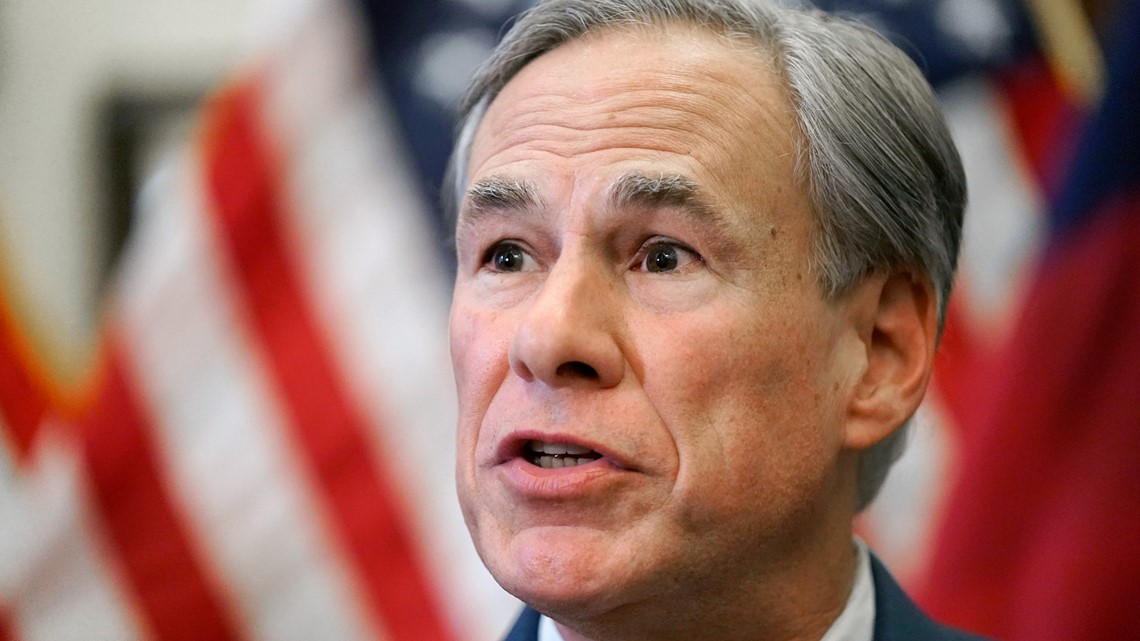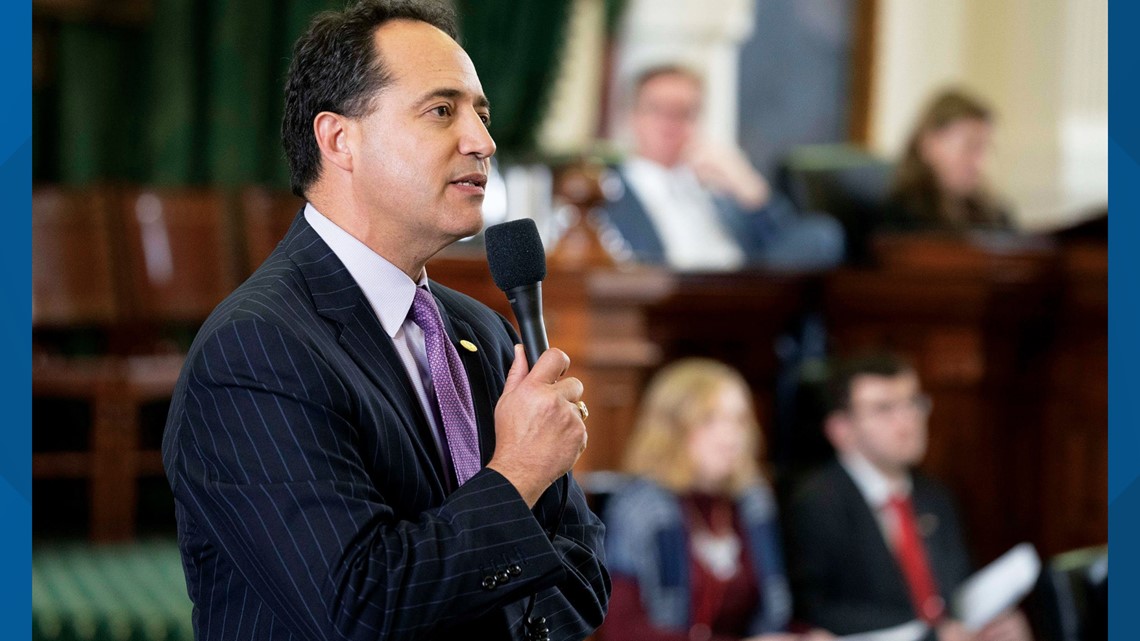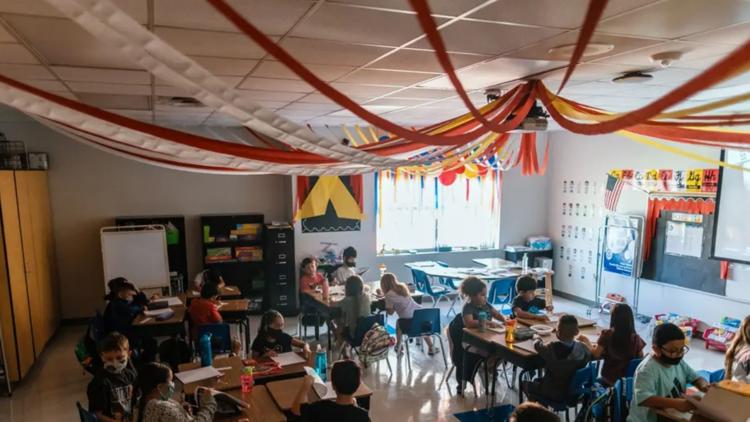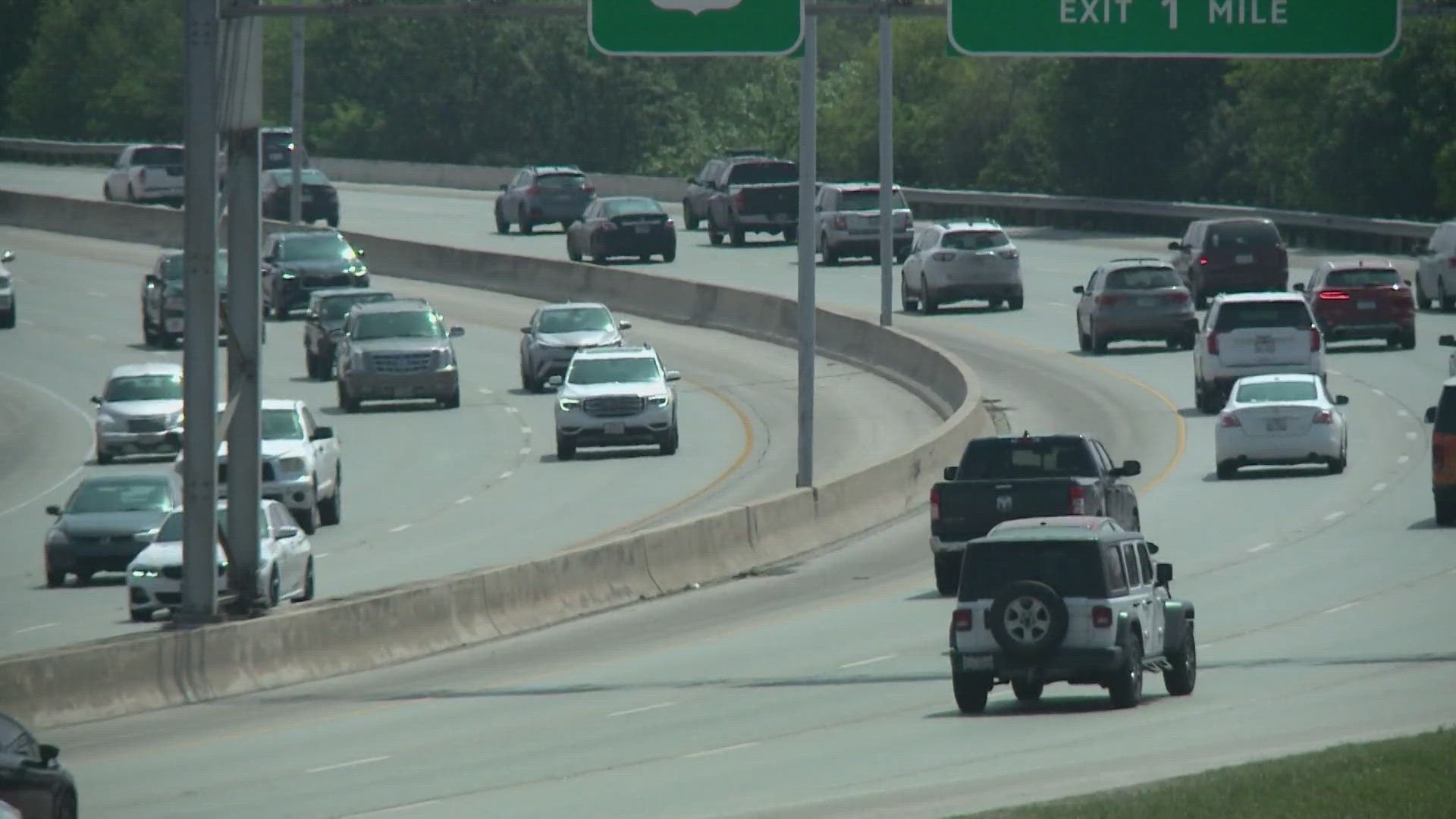A bill that would create a school voucher program to let parents use state funds to pay for private schools — a longtime conservative goal and a big concern for public education advocates — received initial approval in the Texas Senate on Thursday.
It now needs one more vote in the upper chamber before heading to more skeptical lawmakers in the Texas House, many of whom have opposed vouchers for years but will be under intense scrutiny from Gov. Greg Abbott, who has made the proposal one of his top legislative priorities and promised to campaign against those who get in the way.
Senate Bill 1, authored by Sen. Brandon Creighton, R-Conroe, would create education savings accounts, a voucher-like program that would allow families access $8,000 of taxpayer money to pay for private schools and other educational expenses such as uniforms, textbooks, tutoring or transportation among other things. SB 1 is nearly identical to Senate Bill 8, which passed the Senate during the regular session but died in the House.
The Senate gave tentative approval to the proposal Thursday with a 18-13 vote.
Hours later, Abbott said at a parental rights event hosted by the conservative think tank Texas Public Policy Foundation that once the education savings account proposal clears both chambers, he would then add teacher pay raises to the special session agenda. He also said he has a team working with House Republicans on a voucher proposal that currently stands at 181 pages. In Texas, the governor dictates what can and can’t be legislated during a special session.
“I want to make sure we provide a carrot to make sure this legislation gets passed,” Abbott said of vouchers.


Voucher supporters say children need more educational options as public schools may not be meeting their needs. The push comes after many parents voiced disappointment in recent years with how public schools responded to the pandemic and concerns with how they teach children about race, history and sex.
Opponents say the departing students will result in less money for public schools since state funding is based on student attendance. They believe the money being considered for education savings accounts should be sent to public schools, which have been struggling financially since the pandemic and amid rampant inflation.
Earlier this week, some House members signaled that they would once again stand against any voucher-like proposal, even if it comes at the cost of not sending more money to public schools or raising teacher salaries, another priority of public education advocates.
Rep. Trey Martinez Fischer of San Antonio, chair of the House Democratic Caucus, told reporters Monday that his group is “very clear: no vouchers and no deals.”
SB 1 would have the state comptroller’s office establish and administer the education savings accounts. The bill seeks to allocate $500 million from the general revenue fund for the next two years to pay for the program. The comptroller’s office would also be in charge of preventing fraud and misuse of funds — a major area of concern for many lawmakers — as well as approving an organization to help process applications and approve vendors and participating private schools.
Creighton says that the program will not siphon money away from public schools as the funding comes from general revenue, not the Foundation School Program, which is the main source of funding for the state’s K-12 public schools. But according to the bill's financial analysis, school districts are set to receive less money as students sign up for education savings accounts and leave public schools.
An amendment that would give school districts with less than 5,000 students $10,000 for every child they lose to the education savings account program for three years passed. During the regular session, Creighton’s education savings account bill had a provision that would have given districts with fewer than 20,000 students $10,000 for every child who enrolled in the savings account program and left their district.
The bill does not require private school students to take a state-administered academic achievement exam, something that school voucher critics in the Texas Legislature have said the proposal should have to even consider it.
If passed into law, almost any student who was enrolled in a public school last year would be eligible to apply to the program, as well as any student ready to enroll in Pre-K or kindergarten. The bill was further amended Thursday to include homeschoolers and to bar any state office holder from being eligible.
While almost any child is eligible for the program, SB 1 has a prioritization system if applications exceed the funding. To prioritize entry to underprivileged groups, the bill proposes that no more than 40% of spots be reserved for students who receive free or reduced lunch; no more than 30% for families who earn between 185% and 500% of the federal poverty line; no more than 20% for students with disabilities; and 10% for all other applicants who attended public, private or home-school in the last school year.
The prioritization system has garnered criticism though. Sen. José Menéndez, D-San Antonio, has said the “no more than” language implies there will be a cap on how much funding goes to underprivileged applicants, instead of prioritizing them.


SB 1 also includes a provision that would require private schools to tell parents that they are not subject to federal and state laws regarding services to children with disabilities. An amendment that would have required private schools to give children with disabilities the same level of services as public schools failed.
Rocío Fierro-Pérez, senior political coordinator with the Texas Freedom Network, a progressive organization against vouchers, said vouchers serve those already in private schools and the Texas House should stand against SB 1.
“This bill is an expensive scam that will steal funds from Texas kids and undermine public education,” she said.
Greg Sindelar, CEO of the Texas Public Policy Foundation, said SB 1 represents an opportunity to equip parents with greater transparency, quality, respect and choice in their child’s education.
"The ESA that will be created by Senate Bill 1 will offer education opportunity to all Texas children," he said.
The Texas Tribune is a nonprofit, nonpartisan media organization that informs Texans — and engages with them — about public policy, politics, government and statewide issues.



